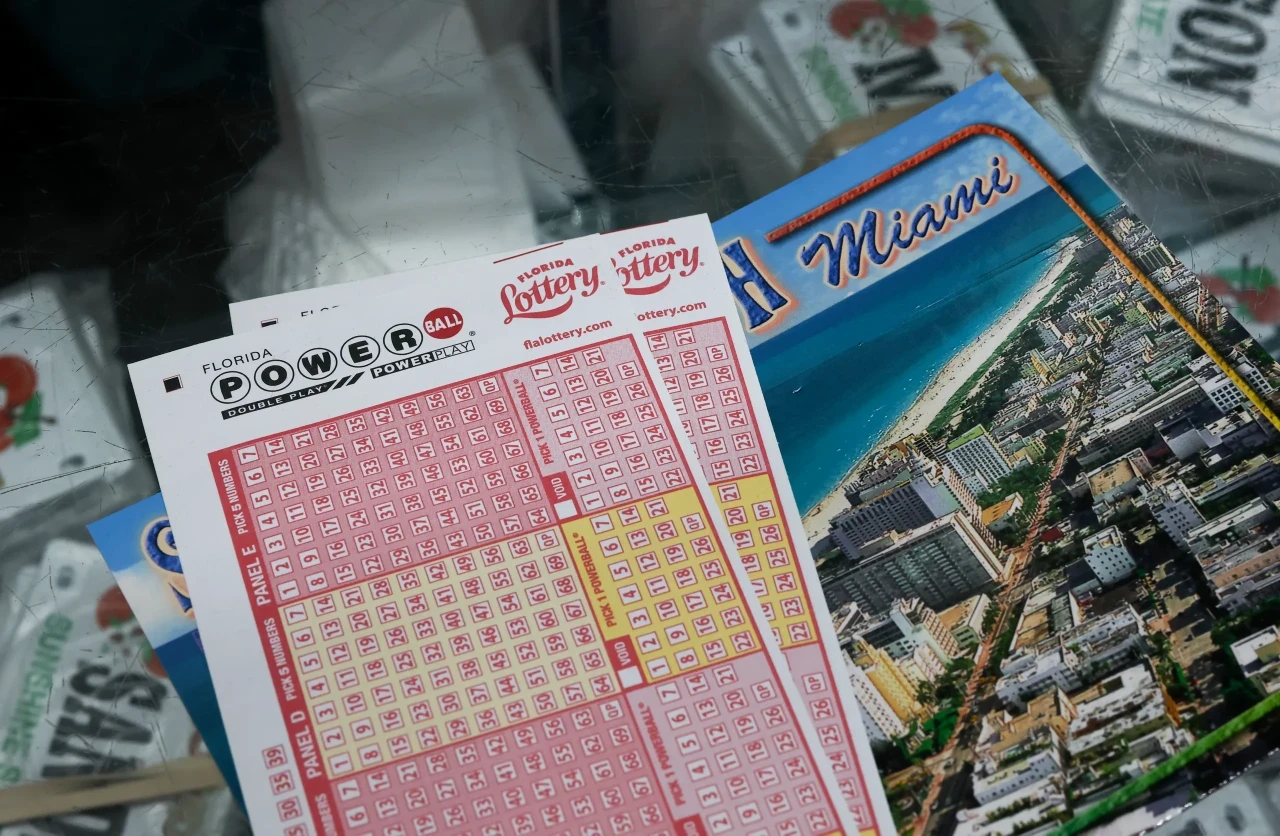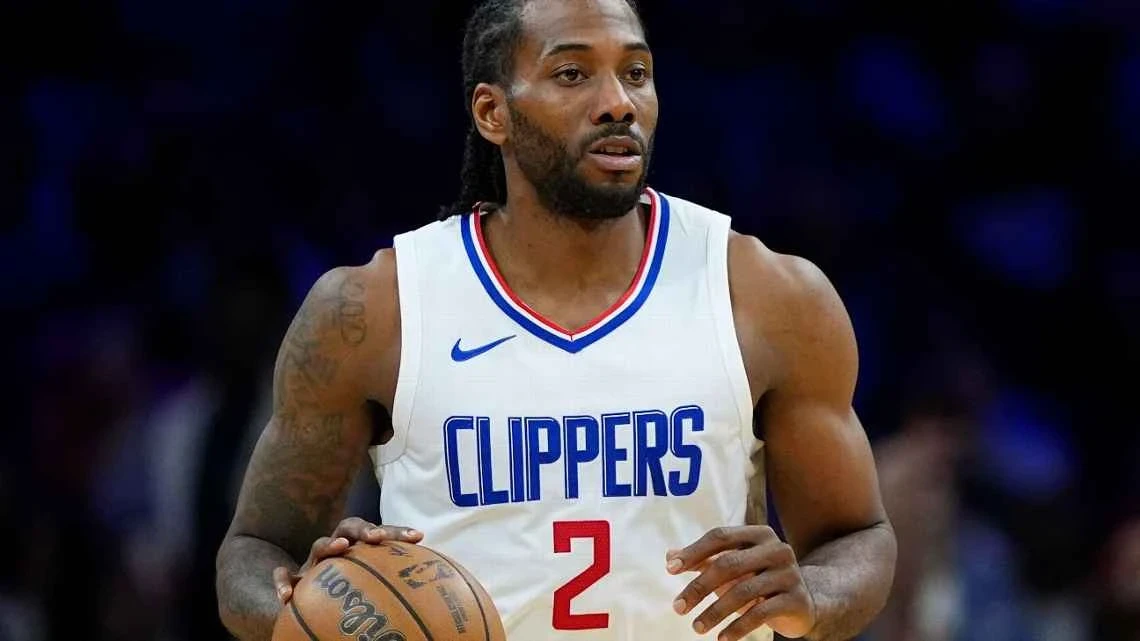
Powerball Jackpot Fever: Your Guide to Winning Big
In recent times, the Powerball lottery has become a cultural phenomenon across the United States and beyond. With jackpots often reaching astronomical figures, it's no surprise that week after week, people eagerly await the drawing of the winning numbers. Let's delve into what makes Powerball so captivating and how you can participate more strategically.
The Allure of Powerball
The Powerball lottery has been around since 1992, and over the decades, it has grown significantly in popularity. But what is it about Powerball that keeps people coming back for more tickets, despite the odds? Naturally, it’s the allure of a massive payout that sets pulses racing. The ever-increasing jackpot, especially in weeks when there’s no winner, adds to the excitement, promising a dream-like lifestyle to the lucky winner.
How Powerball Works
Understanding how Powerball operates can provide insights into why it remains irresistible. Players select five numbers from a set of 69 (for the white balls) and a single number from 26 (for the red Powerball). The chance of hitting the jackpot by matching all six numbers is about 1 in 292 million, which contributes to the size of the prizes and the number of people who enjoy the thrill of playing.
Why Odds Don't Deter Players
Despite these daunting odds, millions flock to kiosks and online sites to purchase their chance at riches. What propels this behavior? It's the expression of hope and the thrill of the possibility that drive the purchase. Moreover, smaller winnings in the lower tiers also offer a form of encouragement, making participation feel less like a loss.
Strategies You Can Consider
Numerous strategies have been suggested by experts and avid lottery players over the years, each promising to increase your chances, even if just a little. Some advocate for the use of random numbers rather than favorite numbers to avoid splitting the pot if there’s a win. Others recommend consistent playing—picking the same numbers every time as they are statistically just as likely to win.
Psychology Behind the Lottery Urge
The psychological factors at play in lotteries like Powerball are profound. There’s excitement in fantasizing about what life could be with millions in the bank. For many, purchasing a ticket is buying the right to dream, even if just for a few days. Lotteries appeal to both the desire for immediate pleasure and the human penchant for hope.
Community Impact and Social Aspects
Lotteries have also evolved into social occasions. Office pools are vibrant hubs of collective participation where co-workers join forces to purchase multiple tickets, sharing the risk and potentially the reward. This not only provides a sense of community but also amplifies the anticipation leading up to the drawing.
Economic Implications
Beyond the personal aspect, lotteries like Powerball play a significant role in the economy. A portion of ticket sales contributes to public sectors such as education, parks, and infrastructure, providing substantial financial assistance to various projects. Thus, participants can also feel that their purchase isn’t only a gamble but a contribution to societal benefits.
What if You Win?
If fortune favors you and you find yourself holding the winning ticket, what's next? Financial advisors recommend remaining calm, securing the ticket, consulting with financial and legal professionals before making any public acknowledgments or financial changes. Quick decisions can be costly, and careful planning is advised to maintain the longevity of newfound wealth.
Anticipation Continues
Powerball continues to be a compelling lottery game, drawing attention from diverse demographics. Every draw, especially with a rolling jackpot, rejuvenates the cycle of excitement and hope. While the odds might not ever be in favor, the dream of hitting the jackpot seems worth the investment for many.
Whether or not you decide to partake in the Powerball craze, there’s no denying its impact on modern culture, providing not just the chance for wealth but a narrative of community, hope, and dreams.



